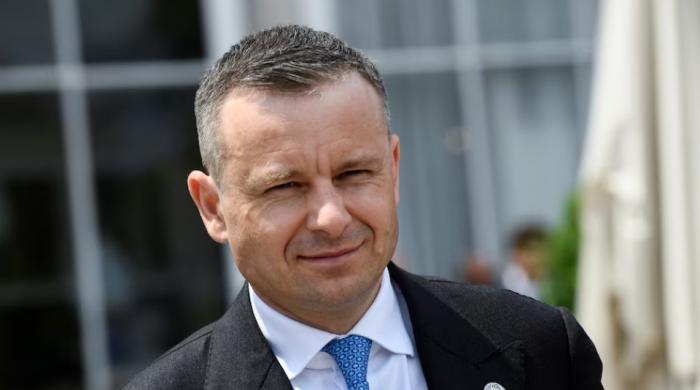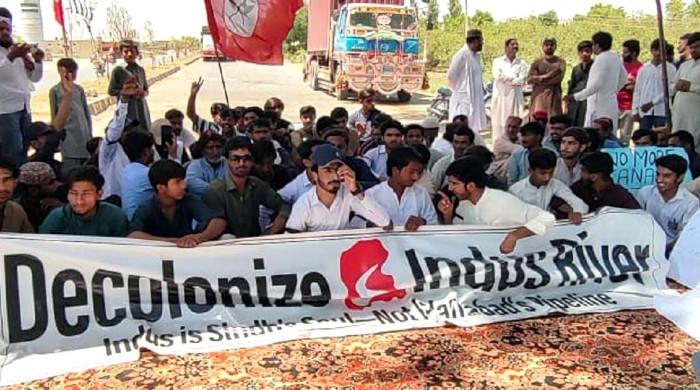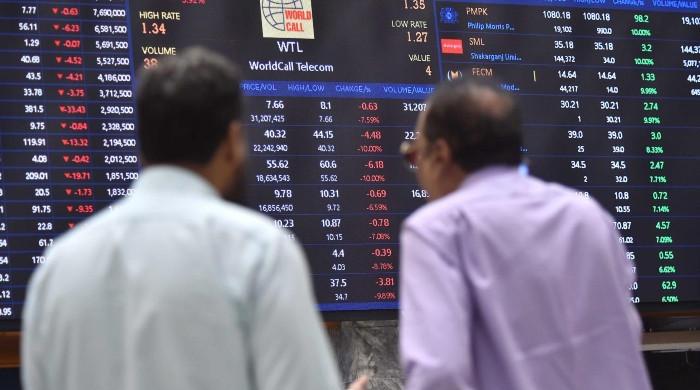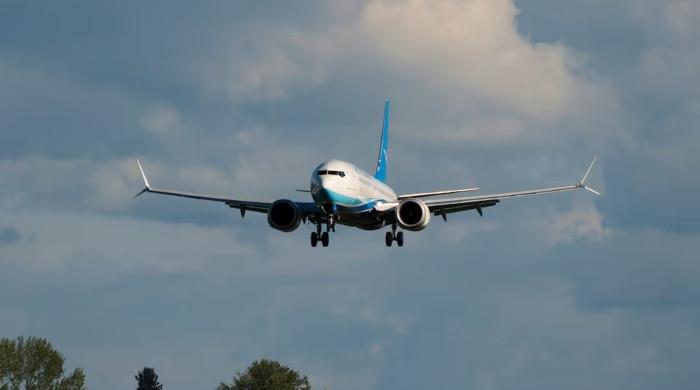World Bank approves $345m to finance three projects in Pakistan
WB aims to expand access to housing finance, improve land tenure rights and facilitate affordable housing developments
March 11, 2022
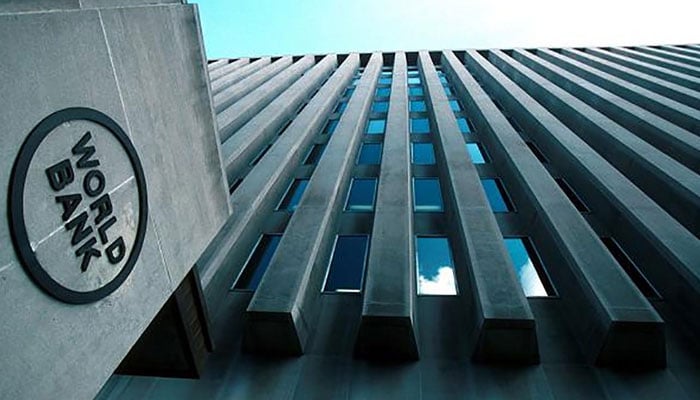
- World Bank aims to expand access to housing finance, particularly for low-income households.
- Financing will improve land tenure rights and facilitate affordable housing developments in urban Punjab
- "Affordable and accessible housing is in high demand in Pakistan," Country Director for Pakistan says.
The World Bank on Friday approved $435 million in financing for three projects in Pakistan — the Pakistan Housing Finance project, the Punjab Urban Land Systems Enhancement project and the Punjab Affordable Housing Programme.
The board of directors of the World Bank approved financing to expand access to housing finance, particularly for low-income households, improve land tenure rights and facilitate affordable housing developments in urban Punjab.
“Affordable and accessible housing is in high demand in Pakistan, which is home to over 200 million people and is the most urbanised country in South Asia,” said Najy Benhassine, World Bank Country Director for Pakistan.
Read more: World Bank forecasts 3.4% growth for Pakistan in FY22
“These projects will contribute to addressing housing needs, particularly for low-income households, by leveraging the private sector and by facilitating access to mortgage options for those who currently cannot access financing to buy a home. They will also strengthen property rights and increase the supply of climate-resilient, affordable housing developments.”
Pakistan Housing Finance project
According to a statement issued by the global lender, the $85 million additional financing for the Pakistan Housing Finance project will help expand access to affordable mortgages to increase homeownership among low-income households, including women and informal workers.
"The additional financing will scale up the credit risk-sharing facility launched in 2018, to provide partial credit guarantees to banks, to incentivise them to lend to borrowers traditionally excluded from commercial financing," the statement read.
It said that this will benefit up to 70,000 first-time homebuyers in the country, who qualify for the government’s interest rate subsidy programme — Mera Pakistan, Mera Ghar.
Punjab Urban Land Systems Enhancement project
Meanwhile, the $150 million Punjab Urban Land Systems Enhancement project will "strengthen land administration and facilitate housing authorities’ efforts to identify suitable areas and public lands for affordable housing developments in the Punjab province."
"The project will support the provincial government in upgrading its land registry by creating a digital, province-wide inventory of lands and deeds. This will help secure land tenure and streamline procedures for land-related permits — which are essential for private sector investment, housing finance and tax revenue collection," the statement read.
Read more: After IMF, World Bank sets four conditions for Pakistan for $350m loan
The World Bank noted that the project will also generate geospatial data and risk information to inform urban planning and disaster risk management strategies for natural hazards such as floods.
More than 38 million people are expected to benefit from land registration, which will not only improve tenure security but also formalise land and property ownership.
Punjab Affordable Housing Programme
Moreover, the $200 million Punjab Affordable Housing Programme will increase the availability of affordable housing, particularly for low-income households in the province.
The international lender said that the programme will enhance government systems to create an enabling environment that attracts private financing for mixed-income housing developments.
"It will also help the government better target subsidies of the Naya Pakistan Housing Programme for low-income households.
"The programme also incentivises the integration of green building principles, climate resilience, accessibility, safety, and mobility of women in housing developments," it said.
The programme will benefit approximately 77,000 households over the next five years, half of which will be low-income families living in urban areas.






